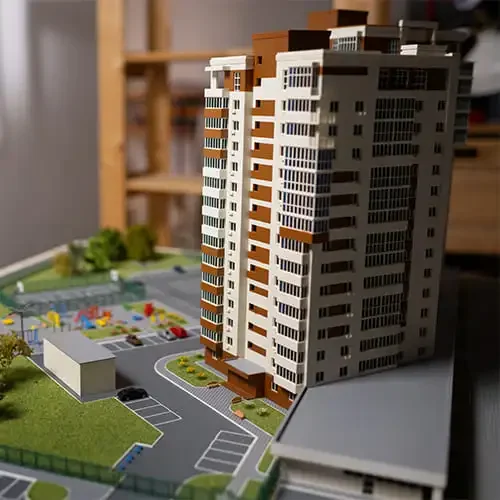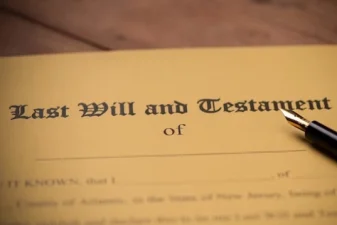Family Sponsorship
If you’re a Canadian citizen or permanent resident who is 18 years of age or older, you have the ability to sponsor certain family members to become permanent residents of Canada.

Real Estate Law

Immigration Law
By becoming a permanent resident, you’ll have the opportunity to live, work, and study in Canada. However, it’s important to keep in mind that if you choose to sponsor a relative, you will be responsible for providing financial support upon their arrival.
The family members who may be eligible for sponsorship include:
- ⦿ Spouse, common-law partner, or conjugal partner
- ⦿ Dependent child (or child you plan to adopt) who is 21 years of age or younger
- ⦿ Parents and grandparents (father, mother, grandfather, or grandmother)
- ⦿ Orphaned relatives, such as brother, sister, nephew, niece, grandson, or granddaughter, who are under the age of 18, not married, or in a common-law relationship
- ⦿ Other relative, but only Lonely Canadians are eligible to sponsor. Lonely Canadians are individuals who have no other family living in Canada.

Our Services

Real Estate Law
Purchasing or selling a house or property lawyers near me? In our lives, these are the most significant transactions. A knowledgeable attorney at Estofa Law can offer legal counsel on a range of real estate issues, regardless of your level of experience as an investor or first-time home buyer.

Immigration Law
You may rely on Estofa Law for trustworthy immigration assistance. Our knowledgeable staff helps with Temporary Resident Application, Permanent Resident Applications, Citizenship Applications, and more, assisting you confidently at every turn.

Family Law
Our staff at Estofa Law can assist you in comprehending your options, rights, and responsibilities about any particular challenging circumstance you may be facing. You need to be aware of your options, rights, and responsibilities in the complicated field of family law.

Mortgage Refinancing
Trust Estofa Law for all your real estate needs. Our skilled team ensures smooth property transactions, providing security and peace of mind throughout the process.

Wills & Power of Attorney
Our law firm offers comprehensive Wills & Power of Attorney services, providing expert guidance to safeguard your assets and ensure your wishes are legally protected and respected.

Permanent Residence
Our committed group of immigration attorneys provides knowledgeable direction and assistance during the whole application procedure. We offer specialized tactics to achieve your unique immigration objectives.
Basic requirements for family sponsorship for a sponsor:
- ⦿ You must be 18 years of age or older
- ⦿ A sponsorship agreement must be signed between you and the sponsored relative committing you to provide financial support if necessary, and outlining the sponsored person’s responsibility to support themselves once they become a permanent resident
- ⦿ Financial support must be provided for a spouse, common-law, or conjugal partner for three years from the date they become a permanent resident
- ⦿ Financial support must be provided for a dependent child for 10 years or until the child turns 25, whichever comes first.





